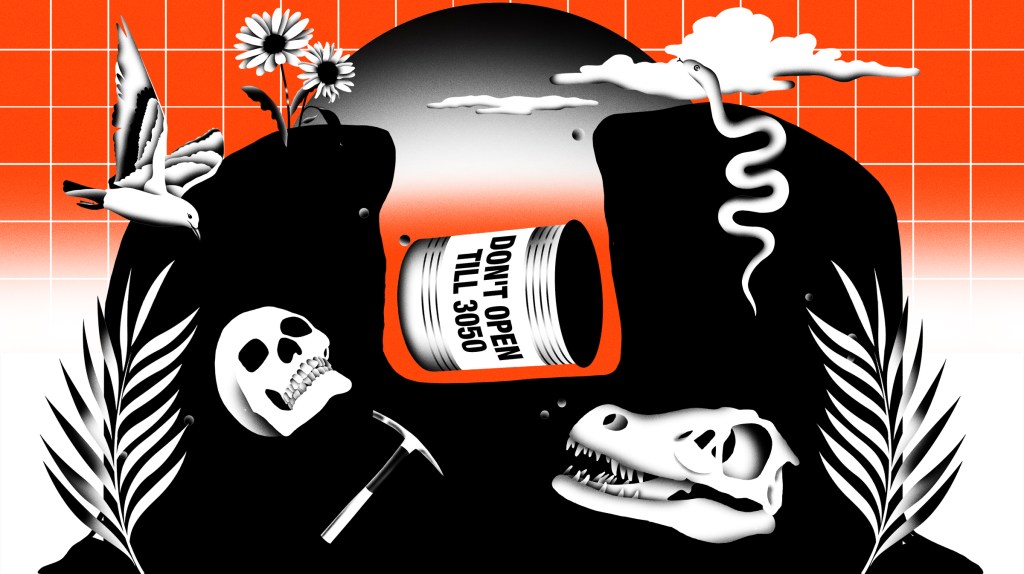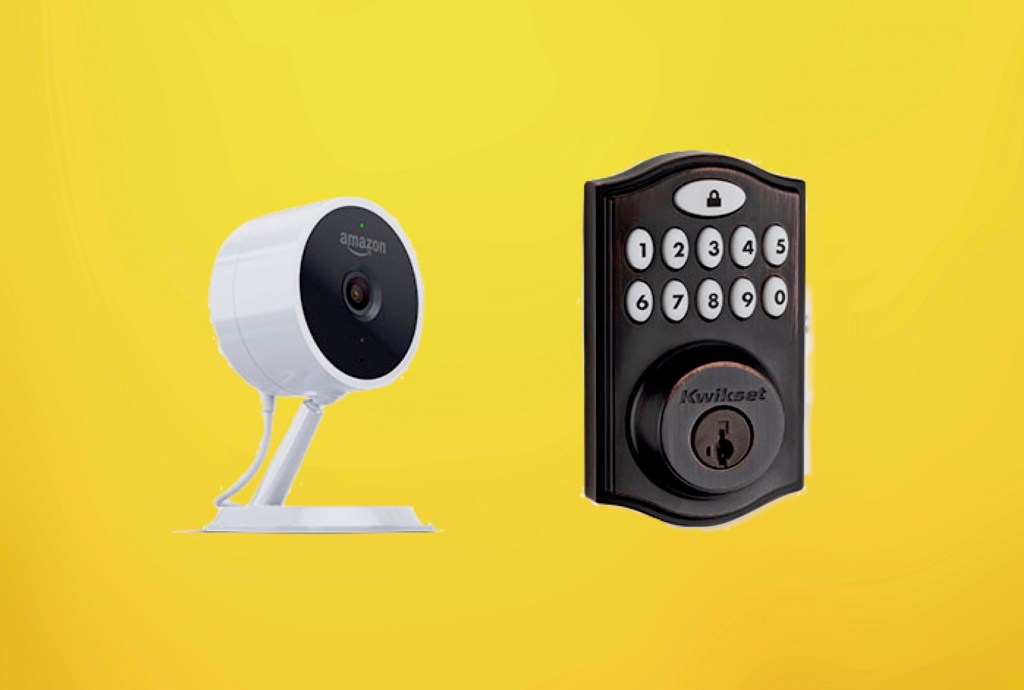The millennial trope of your phone feeling like another limb may not be so far off, with new technology that would allow much of the same information in your phone to be stored in a chip under your skin.
Motherboard went behind the scenes with Amal Graafstra, founder of biohacking company Dangerous Things—a business he runs out of his garage—to get an early glimpse at some of Graafstra’s new prototypes.
Videos by VICE
One of those prototypes is UKI, a small, NFC-compliant security chip implanted under the skin that allows people to do things like integrate cryptographic keys into their bodies.
Implantable chips could be useful if you lose your keys, but could also change how we grapple with privacy issues. Instead of being stored on external internet-connected devices, UKI allows users to carry cryptographic keys within their bodies, merging both your digital and physical identities.
The implications are endless, but can begin with cryptographically proving whether it was you who did or did not do something, such as signing a message.
Other applications are being developed for UKI too, focusing on transit and bitcoin wallets, with more on the way when UKI officially releases in 2017.
“I think probably the killer app for something like UKI is going to be payments and transit,” Graafstra said.
“When you think about the ability to get rid of your keys and get rid of your wallet, now you’re talking about something the average person can get behind.”
Still, while biohacking may be the way of the future, bodyhacking has been slow to take off, dating back to when engineer Kevin Warwick implanted himself back in 1998 and birthed the space.
While only moderately expensive (Dangerous Things’ priciest RFID injection kit that’s currently available costs about $100), implantable tech understandably still makes many people uneasy. Not everyone is into being poked with needles, let alone having cryptographic keys shoved under their skin.
The future is here, now it’s just a question of how much we want to be a part of it, or rather, how much we want it to be a part of us.



